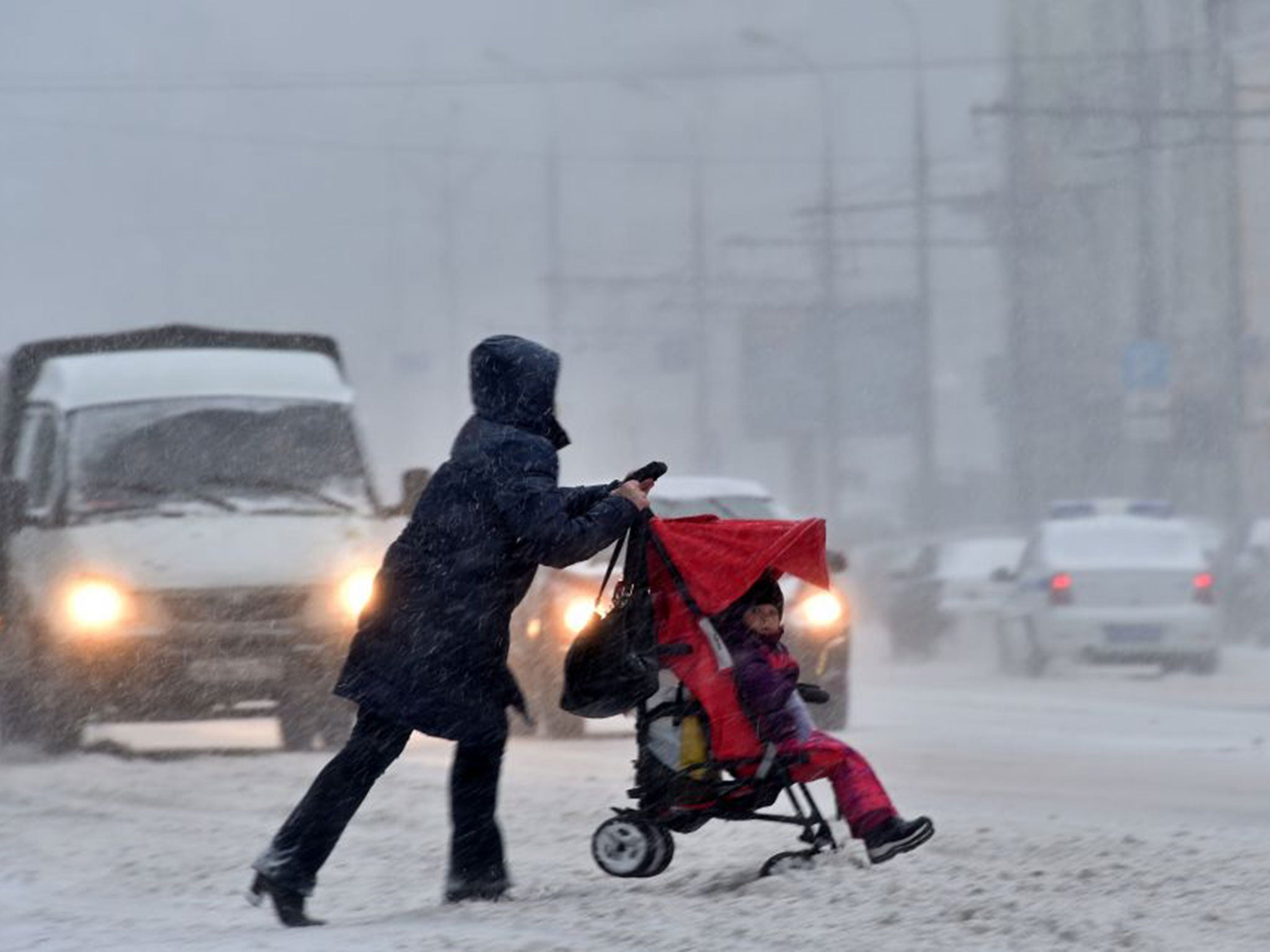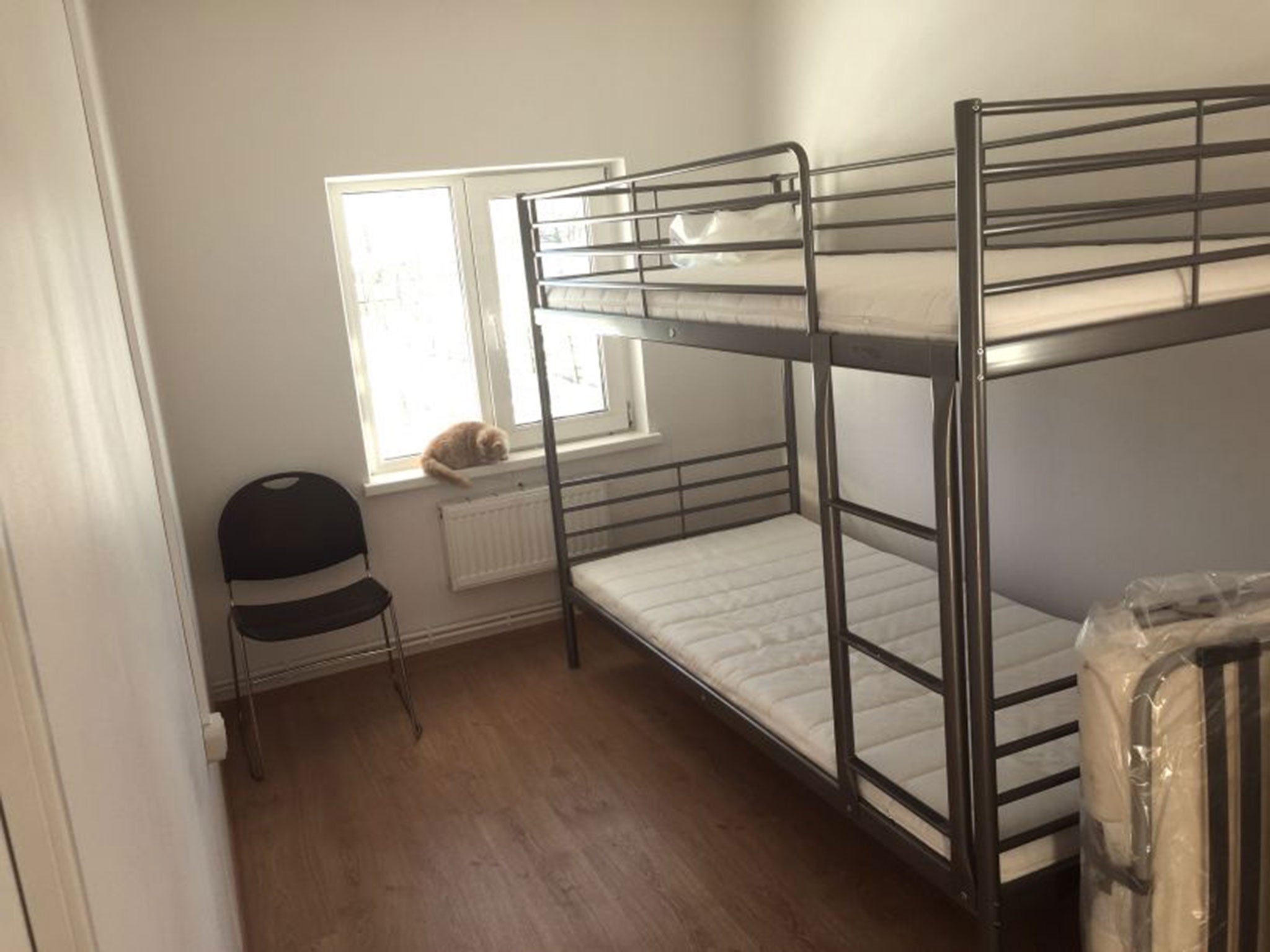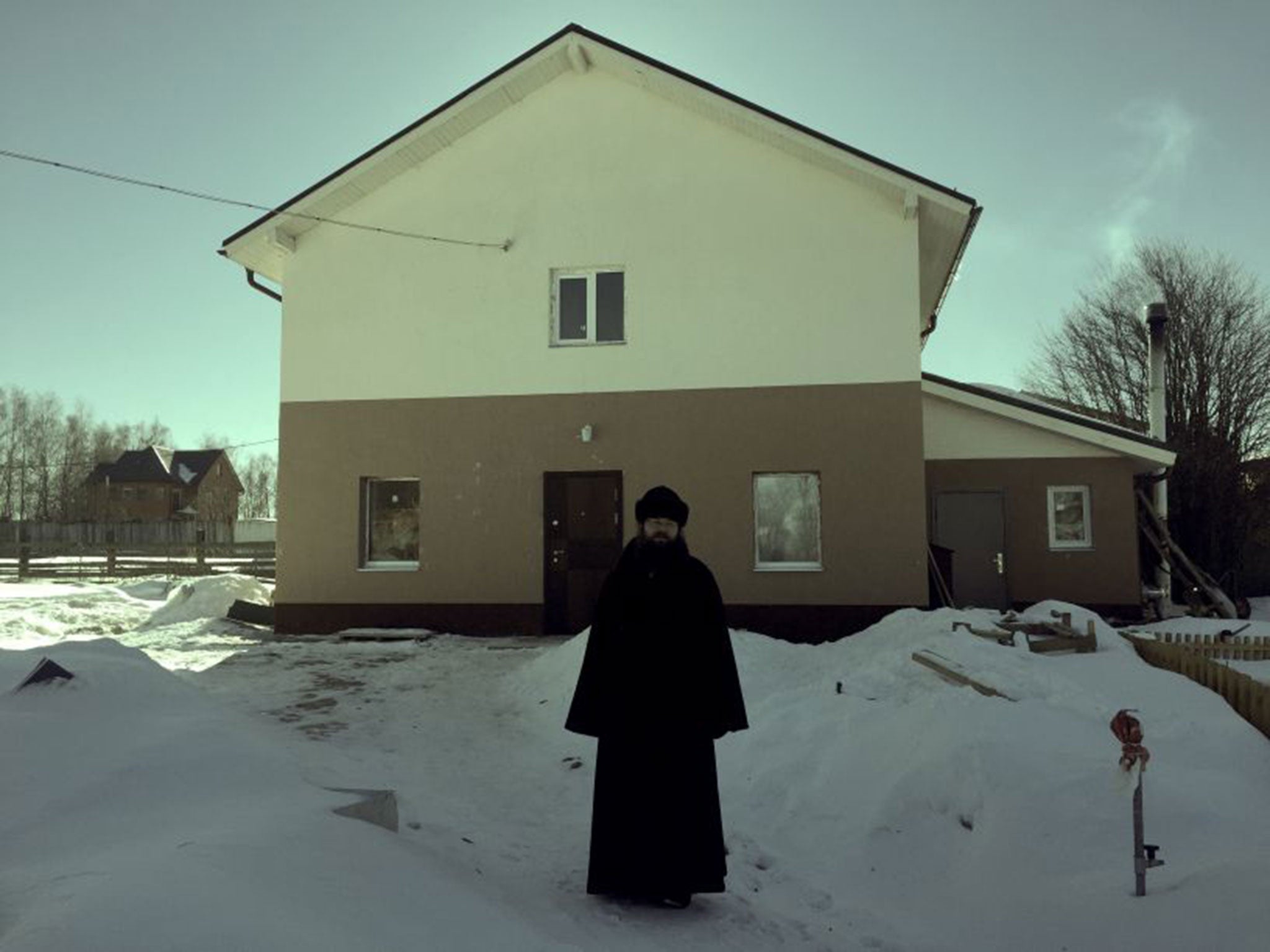Domestic violence in Russia: Optimism as country faces up to the 'silent crisis'
Support organisations and the church tackle the problem of perception as well as of force

Your support helps us to tell the story
From reproductive rights to climate change to Big Tech, The Independent is on the ground when the story is developing. Whether it's investigating the financials of Elon Musk's pro-Trump PAC or producing our latest documentary, 'The A Word', which shines a light on the American women fighting for reproductive rights, we know how important it is to parse out the facts from the messaging.
At such a critical moment in US history, we need reporters on the ground. Your donation allows us to keep sending journalists to speak to both sides of the story.
The Independent is trusted by Americans across the entire political spectrum. And unlike many other quality news outlets, we choose not to lock Americans out of our reporting and analysis with paywalls. We believe quality journalism should be available to everyone, paid for by those who can afford it.
Your support makes all the difference.Twenty-five years ago, Marina Pisklakova-Parker phoned the police to report a case of domestic violence. The mother of her son’s classmate had been beaten by her husband after a button fell off his suit. Her face was left badly bruised and swollen.
The response from the Russian police was to be expected: “It’s a private matter, we don’t intervene,” they said. She tried calling up hospitals and social services, but the response was the same – no one wanted to know.
Ms Pisklakova-Parker went on to found Russia’s national centre for violence prevention, also known as the Anna Centre, in 1993. Two years later she contacted the church to discuss opening a shelter for victims of domestic abuse, but the talks came to nothing.
Now, two decades on, she recalls that memory at an event in Moscow to promote a new women’s shelter that opened in March under the auspices of the Russian Orthodox Church and the Anna Centre.
The Kitezh shelter lies on the grounds of a monastery and is the first non-governmental women’s refuge to open in the Moscow region. Four women and four children are currently staying at the shelter, which provides help to women regardless of their religious beliefs.
Several nuns and monks also live at the monastery, where a small on-site bakery allows the clergy to subsidise their existence. Sheep and cows are kept nearby, and milk is provided for the women free of charge.

Alyona Sadikova, the shelter’s director, offers tea as she sits down to talk about her work. Children’s toys and books lie neatly on a nearby shelf while a six-month-old ginger kitten, itself rescued from the streets, claws at whatever it can reach.
“Women often find themselves in crisis situations, but not everyone needs shelter. They will call and talk to me for 40 minutes, and I’ll say, ‘Come down to the shelter’ and they’ll say, ‘Oh no, I feel a bit better now – I’ll put up with it a bit longer,’” Ms Sadikova says.
Kitezh runs on donations and, aside from the facilities and utilities provided by the church, the state telecoms operator Rostelecom is the centre’s largest sponsor.
A psychologist who visits once a week also provides her services free of charge, sometimes working up to 12 hours a day.
Residents are also encouraged to look for work while living at the shelter, where they can stay for up to six months. Ms Sadikova says she also hopes to set up courses to teach the women valuable life skills, thereby reducing dependency on abusive partners.
The statistics on domestic violence in Russia make for grim reading. Up to one in every three Russian women suffers physical abuse at the hands of her partner, and 40 per cent of all violent crimes or murders take place in the home, according to statistics cited by the Anna Centre. It adds that more than 10,000 women a year are believed to be killed by their husbands or partner, though the government’s health committee has previously put the number at closer to 14,000.
Laura Tourtellotte, 27, works for the Anna Centre on an internship programme from the United States. She calls the problem of domestic violence in Russia a “silent crisis”, because the issue is not widely spoken about.
“Some people are embarrassed to ask for help, even from their mothers. Or their mothers will say, ‘Yes, and so what? He beats you, but he’s your husband’. Their friends might say the same,” Ms Sadikova says.
Others, she says, are scared to refer to state structures for advice on domestic abuse, hence why the church – where many women feel more comfortable opening up – has such an important role to play in tackling the problem.

Father Serafim is the head monk at the monastery where Kitezh is located. “[The church] has always been, remains, and always will be an organisation of conservatives. We are conservative,” he said at the event to celebrate the opening of Kitezh. “But this is important: conservatism does not have anything in common with what our society calls domostroi.”
The term domostroi, or “domestic order” comes from a 16th-century Russian text that advised men on matters of the household, including how to discipline one’s wife or children.
There is no uniform approach to domestic violence within the church and while some clergymen oppose using the term outright, others – such as Father Serafim – are trying to raise greater awareness of the problem.
Church representatives are also working with Ms Pisklakova-Parker and Ms Sadikova to produce a guidebook to help priests to identify victims of domestic abuse, and it will be distributed nationwide if approved by the church authorities. For the past three years, the Orthodox church has also hosted an annual round-table discussion on the issue with representatives of other denominations.
At a state level, too, actions are being taken to address the problem. A Gender Council was set up in 2011, and its members – including Ms Pisklakova-Parker – are working on a draft bill to define domestic violence in legal terms. The bill will seek to recognise violence in all relationships, not just marital ones, and if adopted it would mark a significant step forward in the fight to raise awareness.
More immediately, the activists are hoping that the Kitezh shelter can prove to be a success, paving the way for other non-governmental refuges to be opened across Russia. If it does succeed then sponsor Rostelecom has said it will consider working with the church to open shelters in other regional monasteries “which would be incredibly helpful”, says Ms Tourtellotte.
Anna Centre activists say they are optimistic that things are moving forward. “Momentum is definitely building, and its so exciting to be here at a moment when progress is being made,” Ms Tourtellotte says.
Join our commenting forum
Join thought-provoking conversations, follow other Independent readers and see their replies
Comments